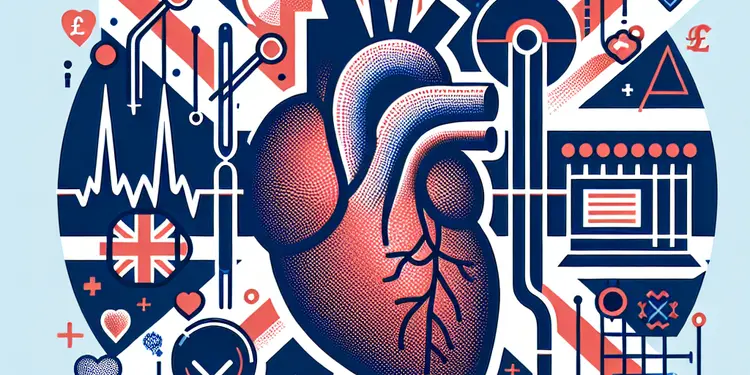
Find Help
More Items From Ergsy search
-
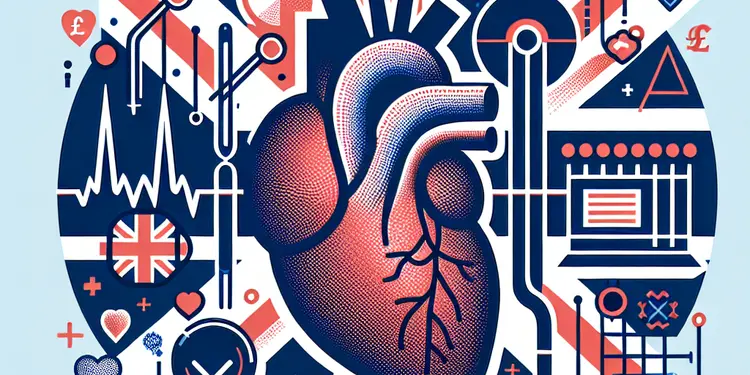
Can heart failure affect other organs?
Relevance: 100%
-
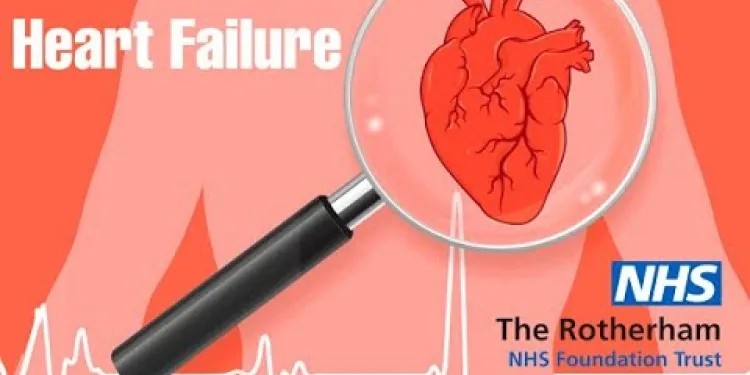
Heart Failure : Symptoms of heart failure
Relevance: 91%
-
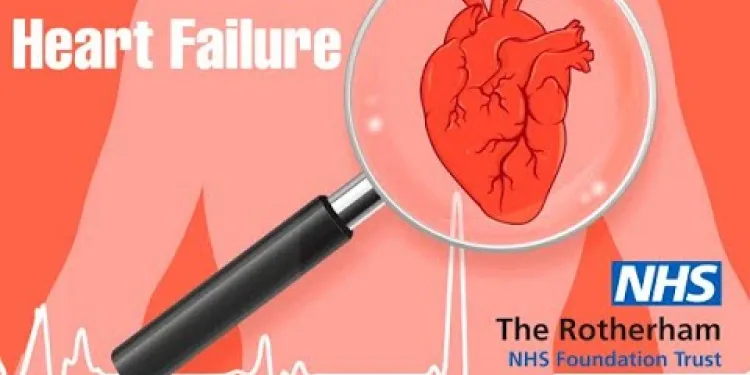
Heart Failure : Heart failure that cannot pump
Relevance: 88%
-
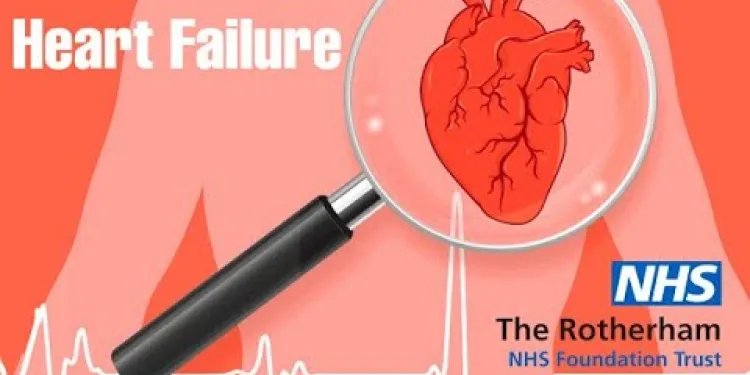
Heart Failure : What is heart failure?
Relevance: 87%
-

Heart Failure : The normal heart
Relevance: 87%
-

Heart failure introduction
Relevance: 84%
-

Are there different types of heart failure?
Relevance: 81%
-

What causes heart failure?
Relevance: 78%
-
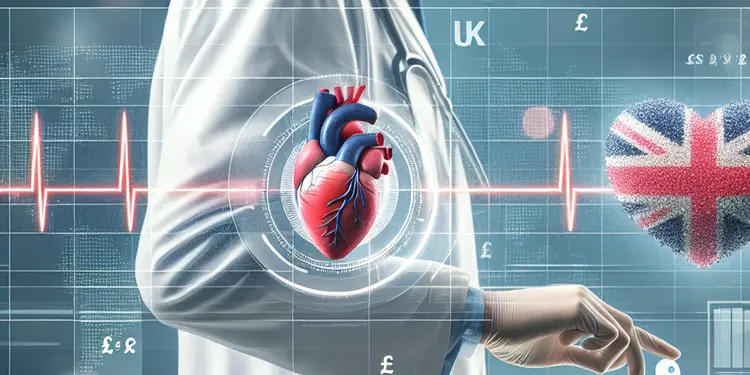
How is heart failure diagnosed?
Relevance: 77%
-
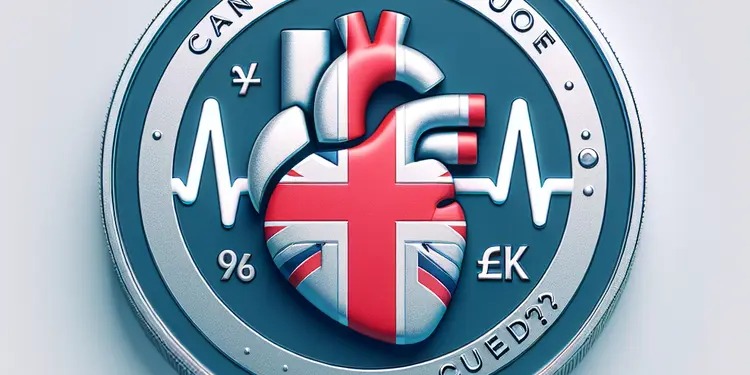
Can heart failure be cured?
Relevance: 77%
-

Can heart failure be prevented?
Relevance: 77%
-
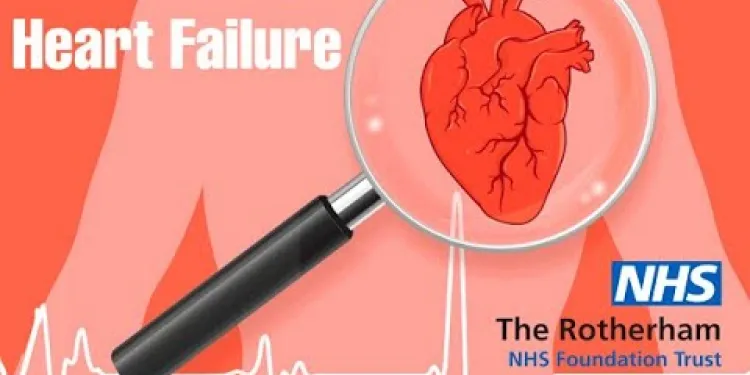
Heart Failure : When the heart becomes stiff?
Relevance: 77%
-

What is the prognosis for someone with heart failure?
Relevance: 74%
-

Is Baxdrostat used in treating heart failure?
Relevance: 73%
-
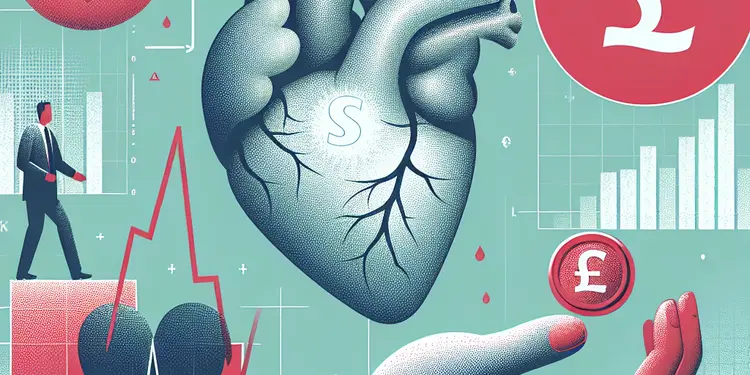
What should I do if I experience symptoms of heart failure?
Relevance: 71%
-

What is the role of diet in managing heart failure?
Relevance: 71%
-
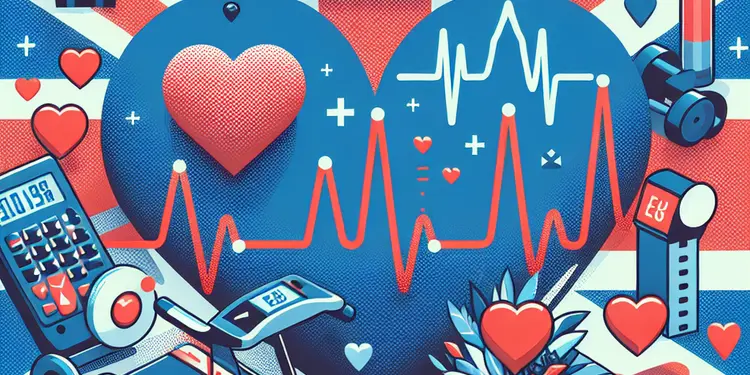
How does exercise impact heart failure?
Relevance: 71%
-
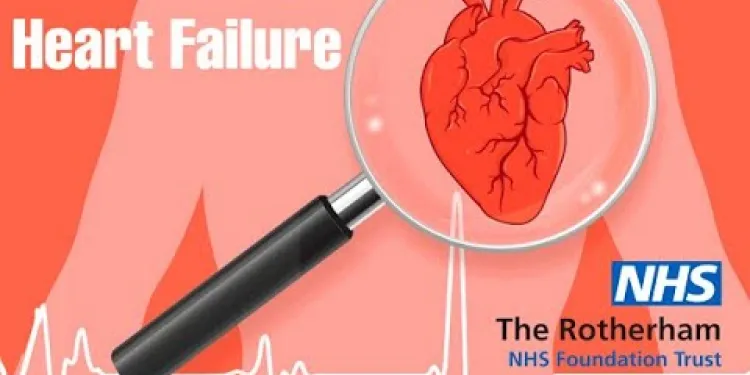
Heart Failure : Treatment and monitoring of fluid retention
Relevance: 70%
-

What medications are commonly prescribed for heart failure?
Relevance: 70%
-
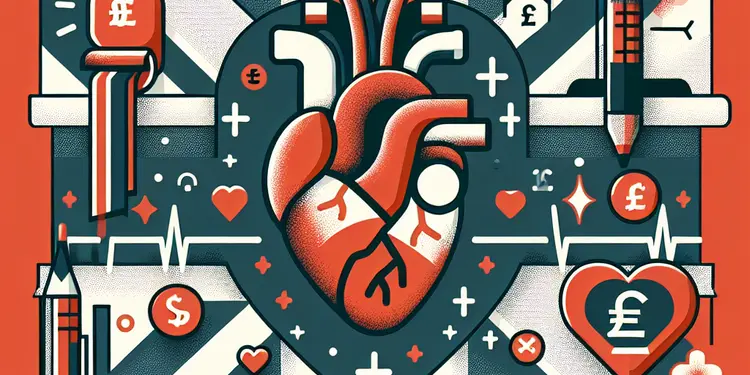
What is heart failure?
Relevance: 64%
-

What are the common symptoms of heart failure?
Relevance: 57%
-

What lifestyle changes can help manage heart failure?
Relevance: 47%
-

How often should someone with heart failure see their doctor?
Relevance: 47%
-
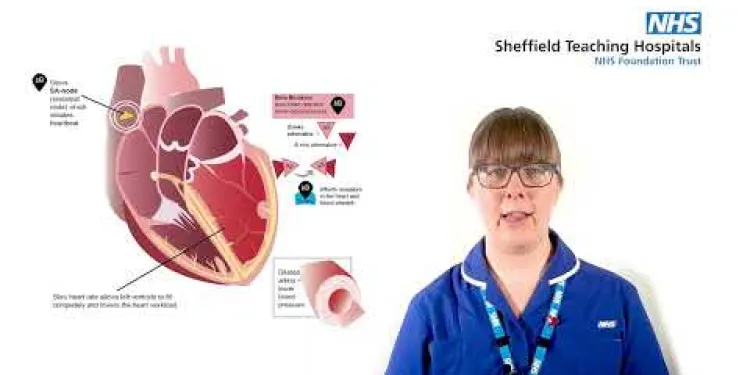
Medicines of the heart
Relevance: 42%
-

Is my abnormal heart rhythm dangerous?
Relevance: 41%
-

How do beta-blockers contribute to heart attack prevention?
Relevance: 40%
-
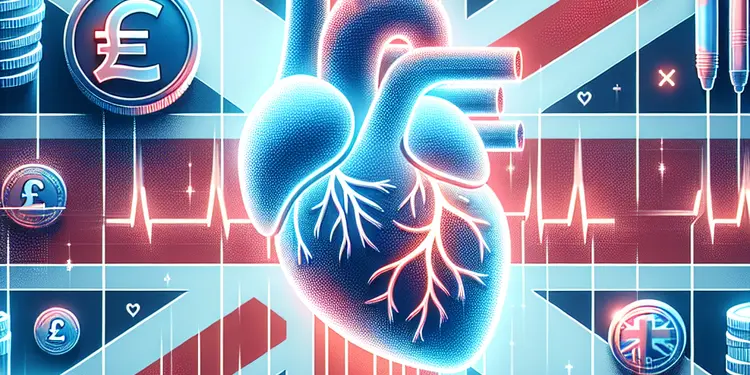
What are the long-term effects of a heart attack?
Relevance: 39%
-

Is my abnormal heart rhythm dangerous?
Relevance: 38%
-

Does coffee consumption have any long-term heart health effects?
Relevance: 38%
-

Heart stents
Relevance: 38%
-
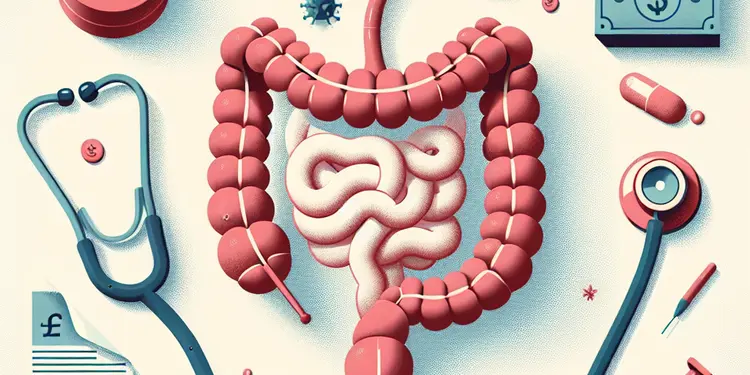
Does scabies affect internal organs?
Relevance: 37%
-

What are the risk factors for a heart attack?
Relevance: 36%
-
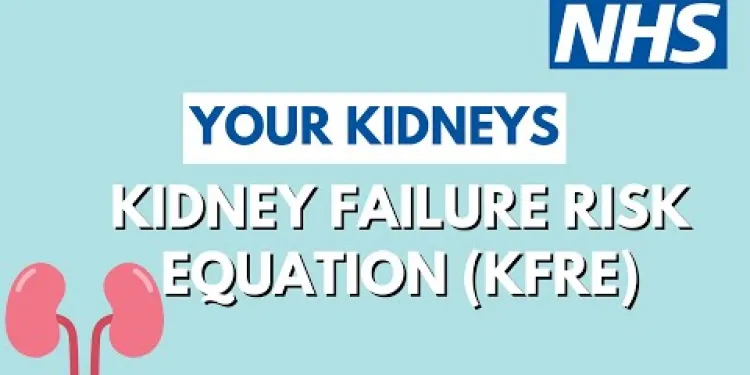
What is my risk of kidney failure with CKD (chronic kidney disease) | UHL NHS Trust
Relevance: 35%
-

Is it possible to prevent a heart attack?
Relevance: 34%
-

Are heart attack symptoms different for people with diabetes?
Relevance: 34%
-
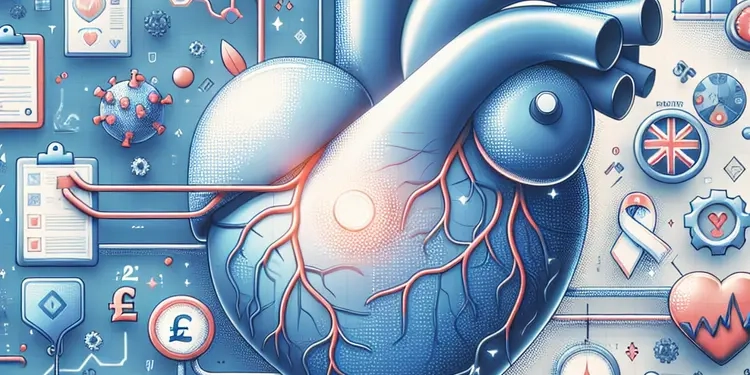
What is heart valve disease?
Relevance: 34%
-

Heart Attack Stories | NHS
Relevance: 34%
-

Heart Attack Stories | NHS
Relevance: 34%
-
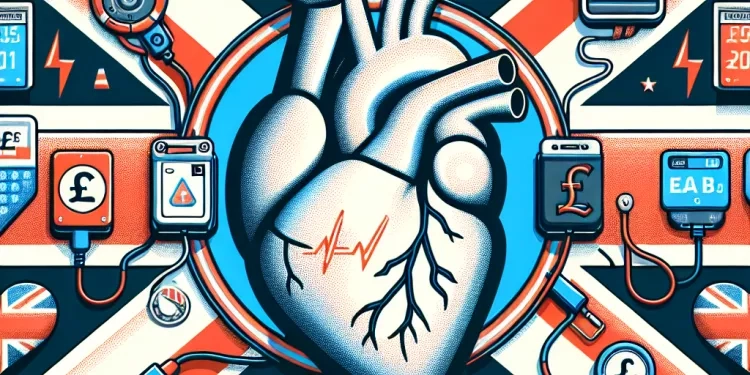
Can a defibrillator restart a stopped heart?
Relevance: 33%
-

Is it possible to have a heart attack without chest pain?
Relevance: 33%
Can Heart Failure Affect Other Organs?
Heart failure is a serious condition that occurs when the heart is unable to pump blood effectively to meet the body's needs. While the primary focus of heart failure is the heart itself, the condition can have widespread effects on other organs and systems in the body. It is crucial to understand these effects, as they can complicate the management and outcomes of heart failure.
The Impact on the Lungs
One of the most immediate effects of heart failure is on the lungs. When the heart's pumping ability is weakened, blood can begin to back up in the veins that return blood from the lungs to the heart. This can lead to fluid buildup in the lungs, a condition known as pulmonary congestion or pulmonary oedema. Patients may experience shortness of breath, particularly during physical activity or when lying down. This respiratory distress can severely impact one's quality of life and is a common reason for hospital admissions among those with heart failure.
Effects on the Kidneys
The kidneys also face significant challenges in the context of heart failure. As the heart struggles to maintain adequate circulation, kidney function can impair due to reduced blood flow. This can lead to a condition known as cardiorenal syndrome, where heart and kidney dysfunction worsen each other. Impaired kidney function can make it difficult to manage fluid levels in the body, complicating treatment and potentially leading to a dangerous build-up of toxins and waste products in the blood.
Consequences for the Liver
Heart failure can also have detrimental effects on the liver. The congestion of blood can cause increased pressure in the veins of the liver, leading to hepatic congestion. Over time, this can cause liver damage and scarring, a condition known as cardiac cirrhosis or congestive hepatopathy. Symptoms may include abdominal discomfort and swelling, known as ascites, as well as jaundice in more severe cases. Liver dysfunction can further complicate the medical management of heart failure, affecting how the body handles medications and nutrients.
Impact on the Brain
Reduced cardiac output can also affect the brain. Insufficient blood flow can lead to cognitive decline, manifesting as memory problems, confusion, or difficulty concentrating. This condition, often referred to as “cardiac cognitive impairment,” can significantly affect a person's ability to manage their health and adhere to treatment protocols. There is also an increased risk of stroke due to potential blood clots that may form as a result of poor circulation.
Conclusion
In conclusion, heart failure is a complex condition with the potential to affect multiple organ systems. Understanding these impacts is essential for comprehensive management and improving patient outcomes. It highlights the importance of a multifaceted treatment approach in handling heart failure and its systemic effects.
Frequently Asked Questions
What organs can be affected by heart failure?
Heart failure can affect organs including the kidneys, liver, lungs, and brain due to reduced blood flow and oxygen supply.
How does heart failure impact the kidneys?
Heart failure can lead to reduced blood flow to the kidneys, impairing their function and potentially causing kidney damage or failure.
Can heart failure affect the liver?
Yes, heart failure can cause congestion of blood in the liver, leading to liver dysfunction or damage.
What is cardiogenic pulmonary edema?
Cardiogenic pulmonary edema is fluid buildup in the lungs due to heart failure, leading to breathing difficulties.
Does heart failure have an effect on the brain?
Heart failure can reduce blood flow to the brain, increasing the risk of cognitive impairment and stroke.
Why is blood flow reduced in heart failure?
In heart failure, the heart's pumping ability is weakened, reducing its efficiency in circulating blood throughout the body.
Can heart failure lead to anemia?
Yes, heart failure can lead to anemia due to reduced renal function and other factors affecting red blood cell production.
What role do the lungs play in heart failure?
In heart failure, fluid can accumulate in the lungs, making it harder to breathe and reducing oxygen exchange.
How can heart failure cause gastrointestinal issues?
Reduced blood flow and congestion can affect the gastrointestinal tract, causing symptoms like nausea, diarrhea, and poor appetite.
What are the signs of organ dysfunction due to heart failure?
Signs include swelling, fatigue, cognitive changes, and changes in organ-specific functions like kidney or liver impairment.
Can heart failure affect endocrine organs?
Yes, heart failure can alter hormone levels, impacting glands such as the thyroid, which can affect metabolic functions.
Is there an impact on muscle function from heart failure?
Heart failure can lead to muscle fatigue and weakness due to poor circulation and oxygen availability.
How does heart failure affect the skin?
The circulation issues in heart failure can cause skin symptoms like pallor, cyanosis, or edema due to poor blood supply.
What is peripheral edema in the context of heart failure?
Peripheral edema is swelling in extremities like legs and feet due to fluid retention caused by heart failure.
Can heart failure cause psychological issues?
Yes, the condition can lead to depression, anxiety, and stress due to the chronic nature and impact on daily life.
Why might heart failure cause weight changes?
Fluid retention in heart failure can cause weight gain, while severe cases might lead to weight loss due to appetite loss and catabolism.
How does heart failure impact the immune system?
Heart failure can weaken the immune response, making individuals more susceptible to infections.
What is hepatic congestion in heart failure?
Hepatic congestion is when blood backs up in the liver due to heart failure, leading to liver enlargement and function impairment.
Can heart failure be linked to respiratory disorders?
Yes, heart failure can exacerbate asthma or lead to conditions like sleep apnea due to fluid overload and airway obstruction.
Does heart failure affect blood vessels?
Heart failure can lead to changes in blood vessel structure and function, affecting circulation and potentially increasing blood pressure.
Useful Links
This website offers general information and is not a substitute for professional advice.
Always seek guidance from qualified professionals.
If you have any medical concerns or need urgent help, contact a healthcare professional or emergency services immediately.
Some of this content was generated with AI assistance. We’ve done our best to keep it accurate, helpful, and human-friendly.
- Ergsy carfully checks the information in the videos we provide here.
- Videos shown by Youtube after a video has completed, have NOT been reviewed by ERGSY.
- To view, click the arrow in centre of video.
- Most of the videos you find here will have subtitles and/or closed captions available.
- You may need to turn these on, and choose your preferred language.
- Go to the video you'd like to watch.
- If closed captions (CC) are available, settings will be visible on the bottom right of the video player.
- To turn on Captions, click settings .
- To turn off Captions, click settings again.
More Items From Ergsy search
-

Can heart failure affect other organs?
Relevance: 100%
-

Heart Failure : Symptoms of heart failure
Relevance: 91%
-

Heart Failure : Heart failure that cannot pump
Relevance: 88%
-

Heart Failure : What is heart failure?
Relevance: 87%
-

Heart Failure : The normal heart
Relevance: 87%
-

Heart failure introduction
Relevance: 84%
-

Are there different types of heart failure?
Relevance: 81%
-

What causes heart failure?
Relevance: 78%
-

How is heart failure diagnosed?
Relevance: 77%
-

Can heart failure be cured?
Relevance: 77%
-

Can heart failure be prevented?
Relevance: 77%
-

Heart Failure : When the heart becomes stiff?
Relevance: 77%
-

What is the prognosis for someone with heart failure?
Relevance: 74%
-

Is Baxdrostat used in treating heart failure?
Relevance: 73%
-

What should I do if I experience symptoms of heart failure?
Relevance: 71%
-

What is the role of diet in managing heart failure?
Relevance: 71%
-

How does exercise impact heart failure?
Relevance: 71%
-

Heart Failure : Treatment and monitoring of fluid retention
Relevance: 70%
-

What medications are commonly prescribed for heart failure?
Relevance: 70%
-

What is heart failure?
Relevance: 64%
-

What are the common symptoms of heart failure?
Relevance: 57%
-

What lifestyle changes can help manage heart failure?
Relevance: 47%
-

How often should someone with heart failure see their doctor?
Relevance: 47%
-

Medicines of the heart
Relevance: 42%
-

Is my abnormal heart rhythm dangerous?
Relevance: 41%
-

How do beta-blockers contribute to heart attack prevention?
Relevance: 40%
-

What are the long-term effects of a heart attack?
Relevance: 39%
-

Is my abnormal heart rhythm dangerous?
Relevance: 38%
-

Does coffee consumption have any long-term heart health effects?
Relevance: 38%
-

Heart stents
Relevance: 38%
-

Does scabies affect internal organs?
Relevance: 37%
-

What are the risk factors for a heart attack?
Relevance: 36%
-

What is my risk of kidney failure with CKD (chronic kidney disease) | UHL NHS Trust
Relevance: 35%
-

Is it possible to prevent a heart attack?
Relevance: 34%
-

Are heart attack symptoms different for people with diabetes?
Relevance: 34%
-

What is heart valve disease?
Relevance: 34%
-

Heart Attack Stories | NHS
Relevance: 34%
-

Heart Attack Stories | NHS
Relevance: 34%
-

Can a defibrillator restart a stopped heart?
Relevance: 33%
-

Is it possible to have a heart attack without chest pain?
Relevance: 33%


